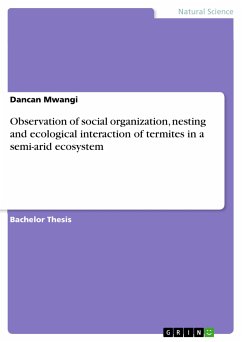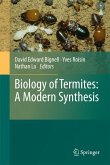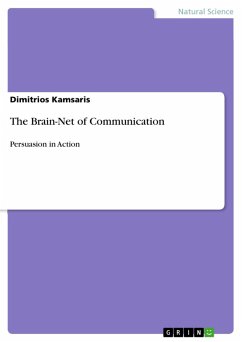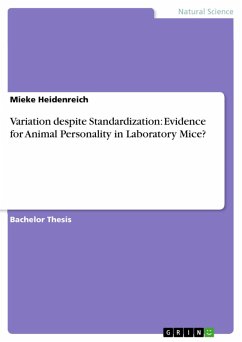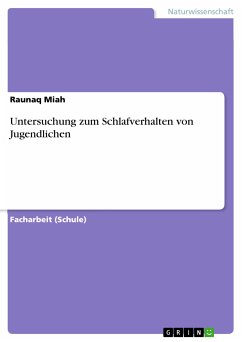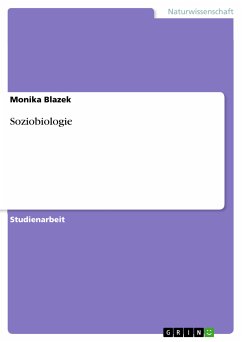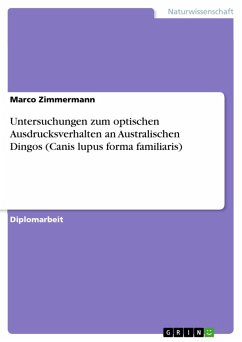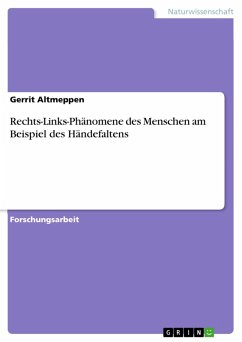Bachelor Thesis from the year 2015 in the subject Biology - Behaviour, South Eastern Kenya University, Kitui Campus, language: English, abstract: Termites are eusosial organisms that have a profile of destructive and menacing organisms that serve an insignificant role in Earth’s ecology complex system. In the semi arid parts of Kenya, they are thought to be the primary cause of vegetation denudation especially during the dry seasons. Even after several years of Biology advancement its uncouth how most people have failed to appreciate the incredible role this animal perform in their niche for the benefit of humanity, especially in the inhospitable arid and infertile environments. Moisture shortage and the elevated temperatures characterize these regions, which has discouraged the survival of many decomposers in this environment leaving only a few species that have adapted to the conditions to survive, notably several species of termites. Water is life; this truth is not lost on these creatures. Some species of termites have evolved to such a level that they have the abilities to forage over unusual long distances and partially control their own dwelling environments, through the construction of nests structures in such a way that humidity and temperature does not vary all seasons. Termites create ingenious nests (mounds) from their waste materials and soils through tightly packing every particle together, creating waterproof corridors. For this reason, many have termed them as soil engineers. The termites’ ability to digest cellulose gives them advantage over other soil macro decomposers. This is enhanced by their mutualistic coexistence with certain bacteria in their gut that enables them to digest cellulose, which is the main constituent of their diet. Overall, Termites are most active soil macro inverts dominating the decomposition process in arid and semi arid environment during the dry seasons.

